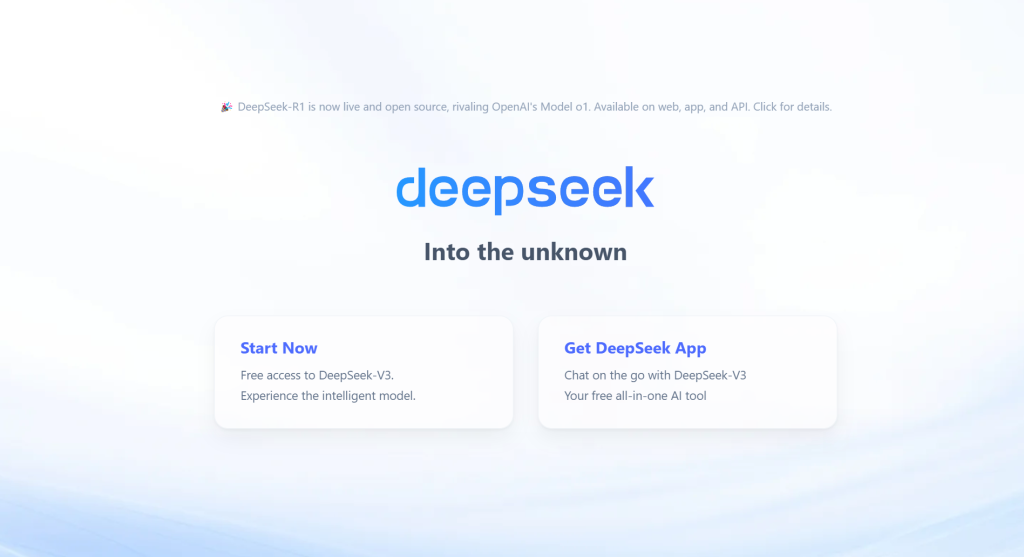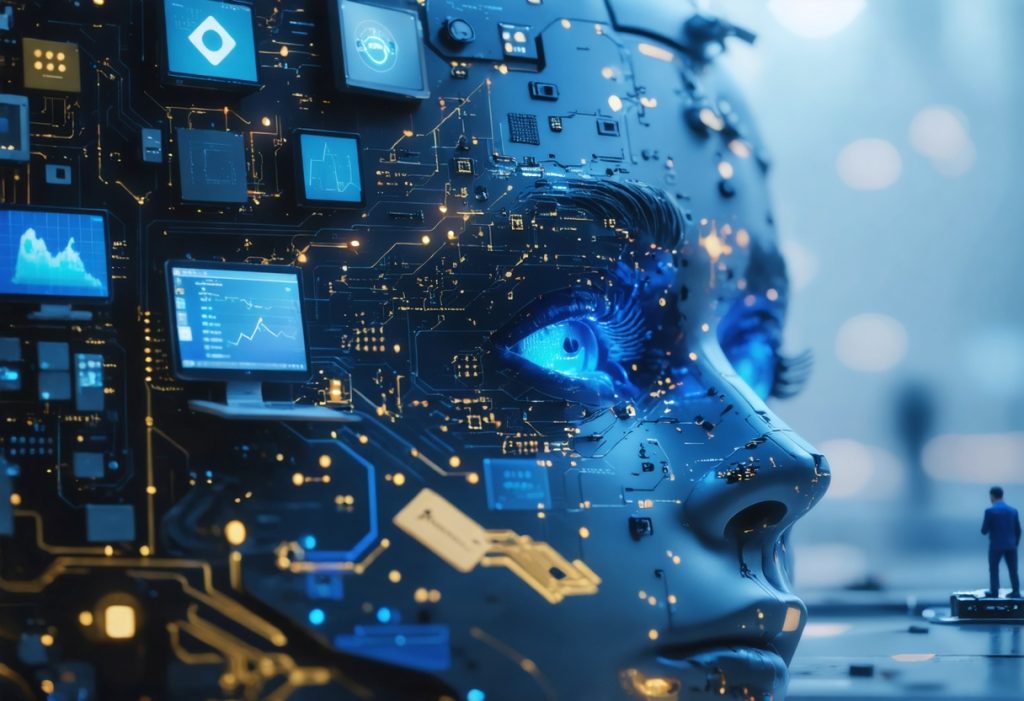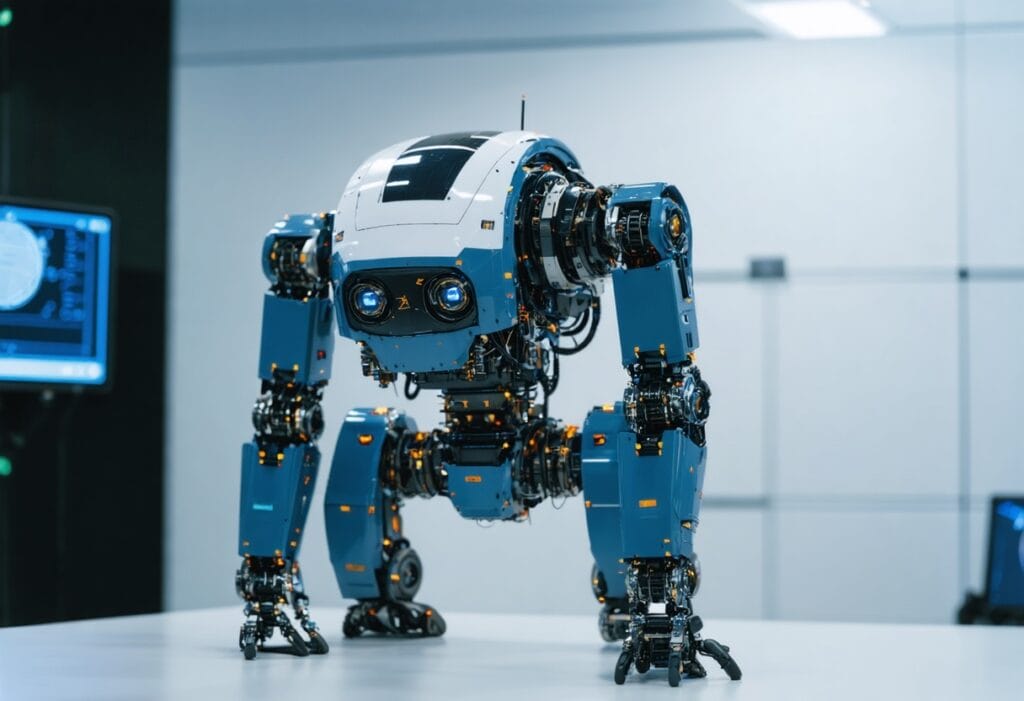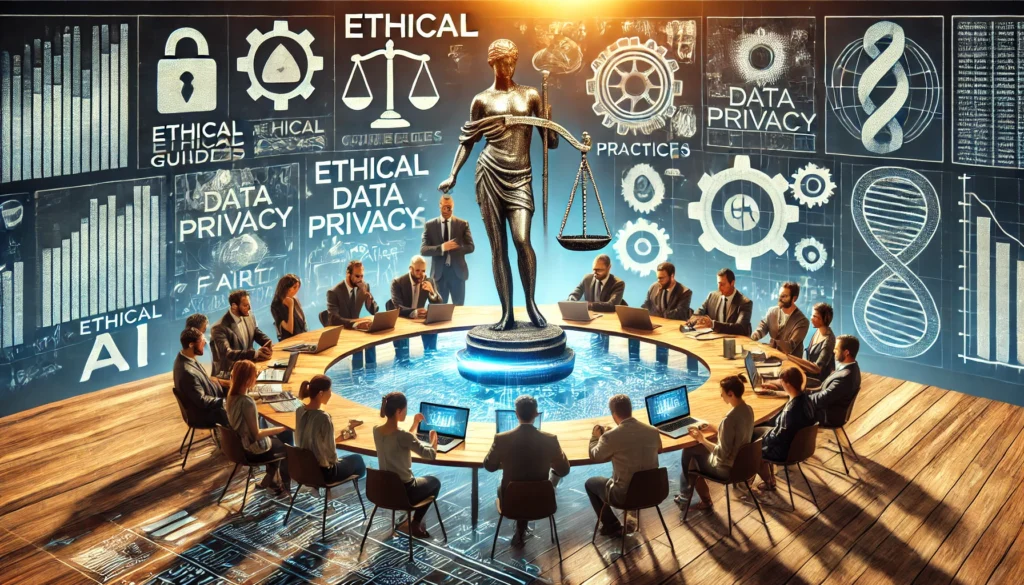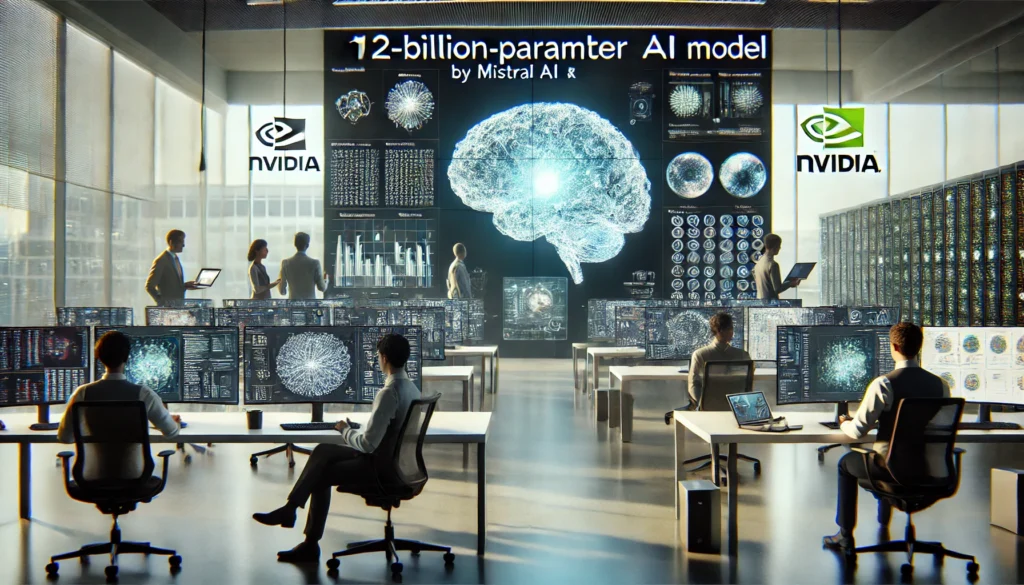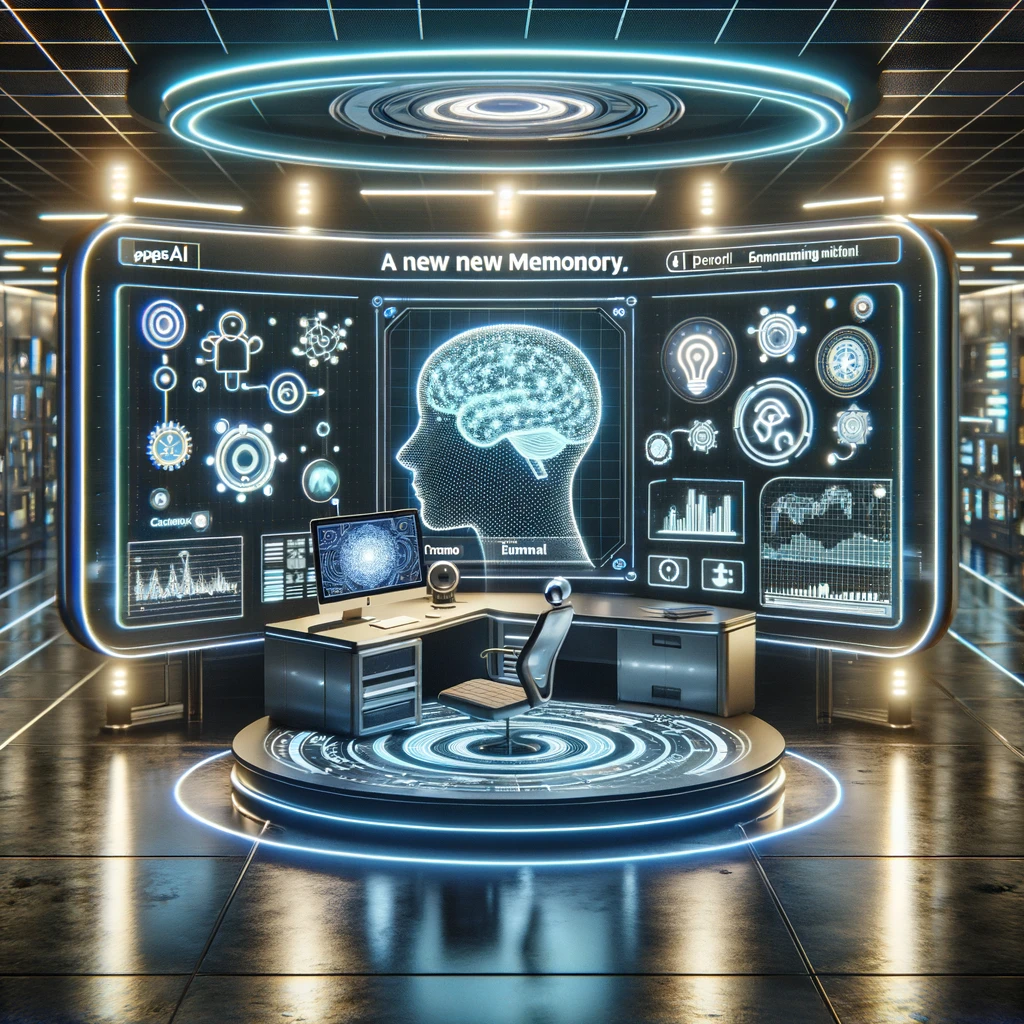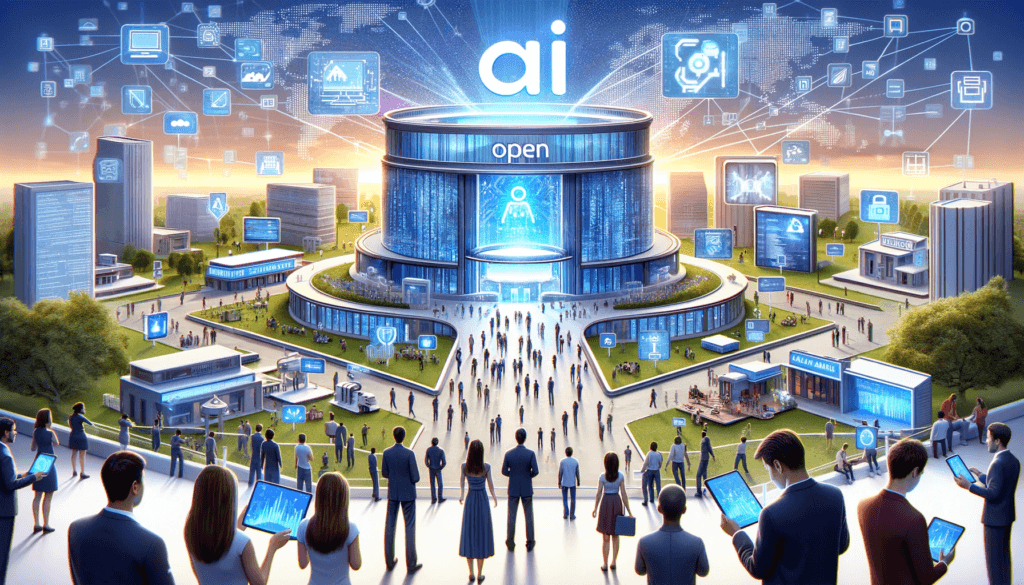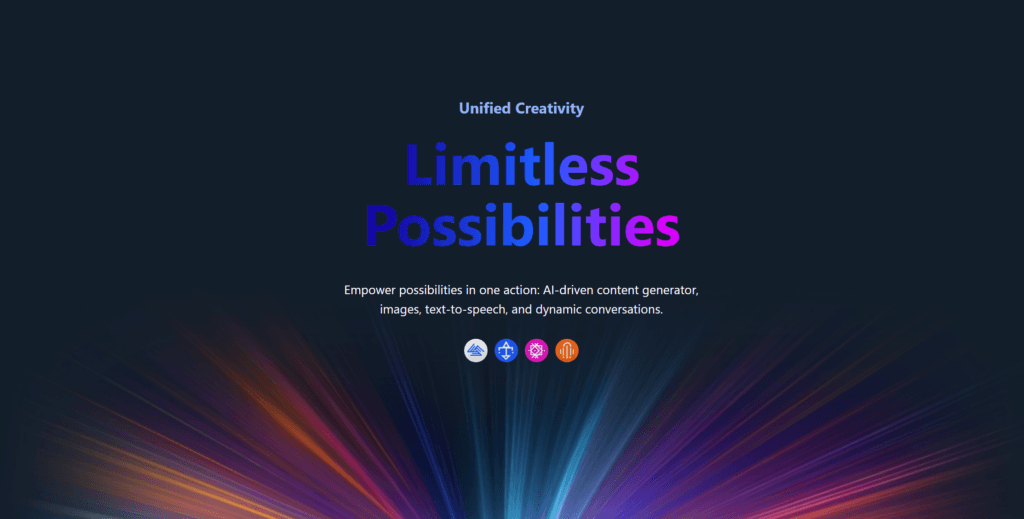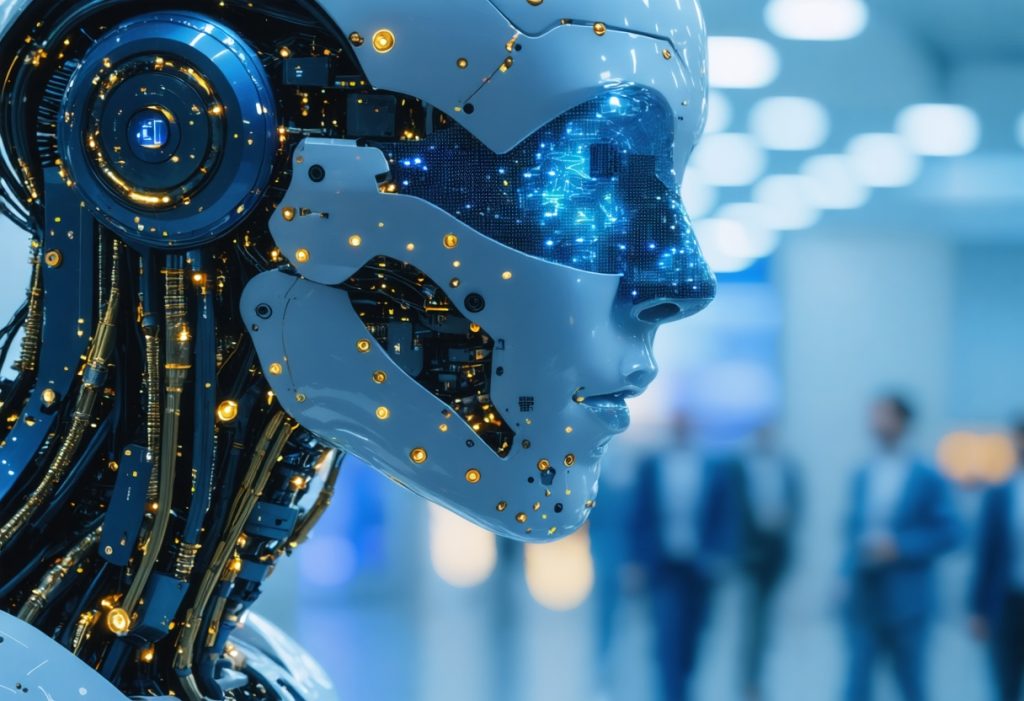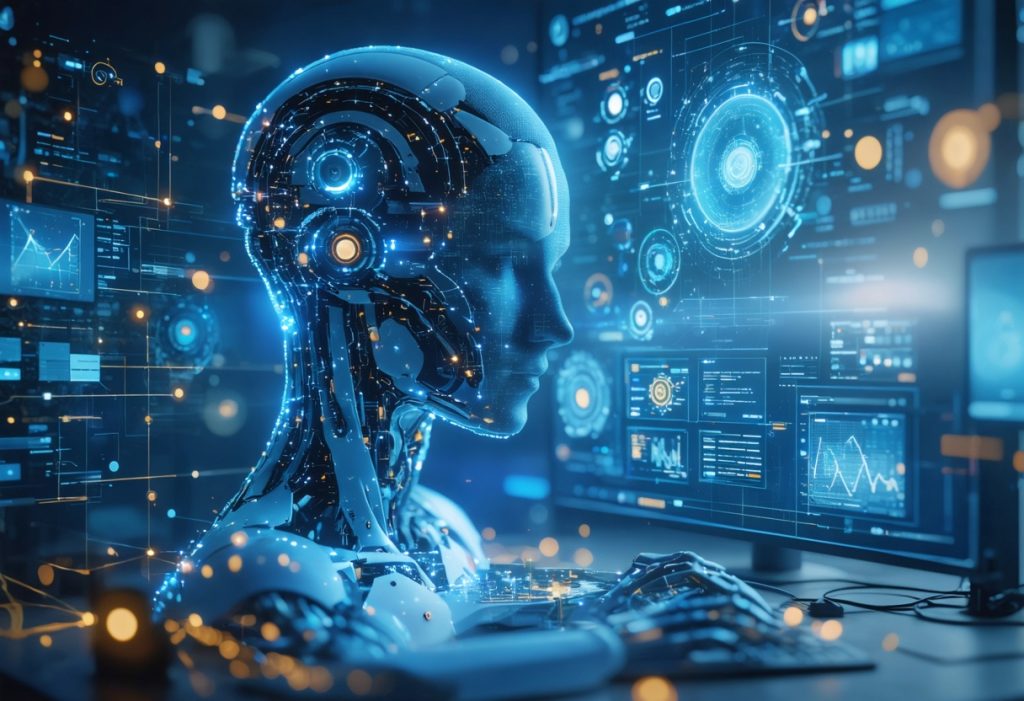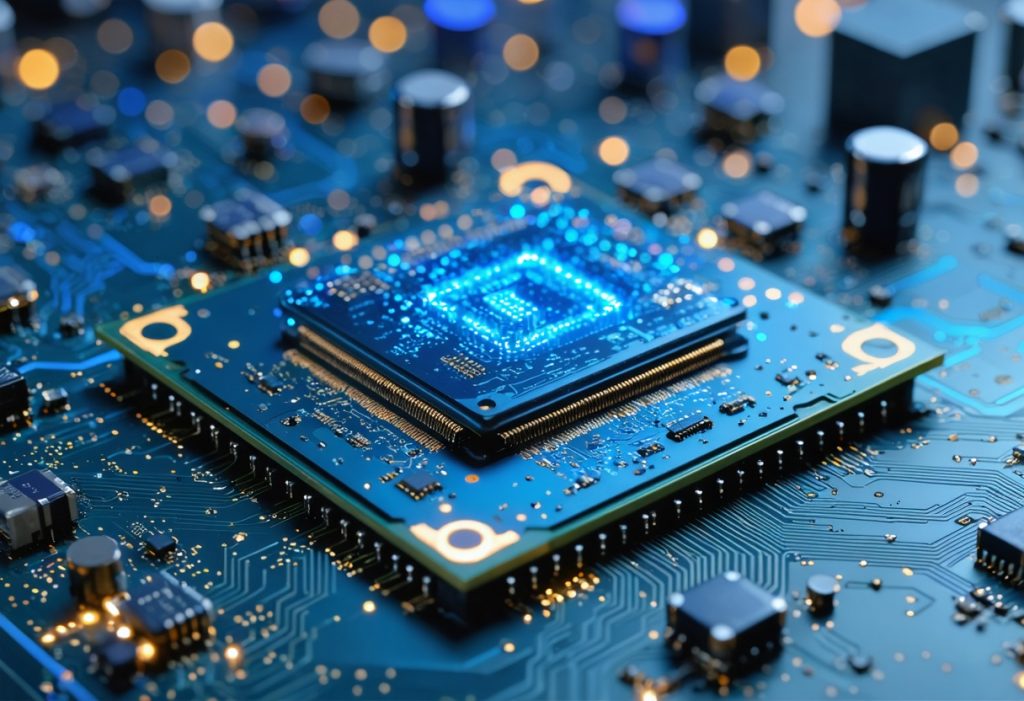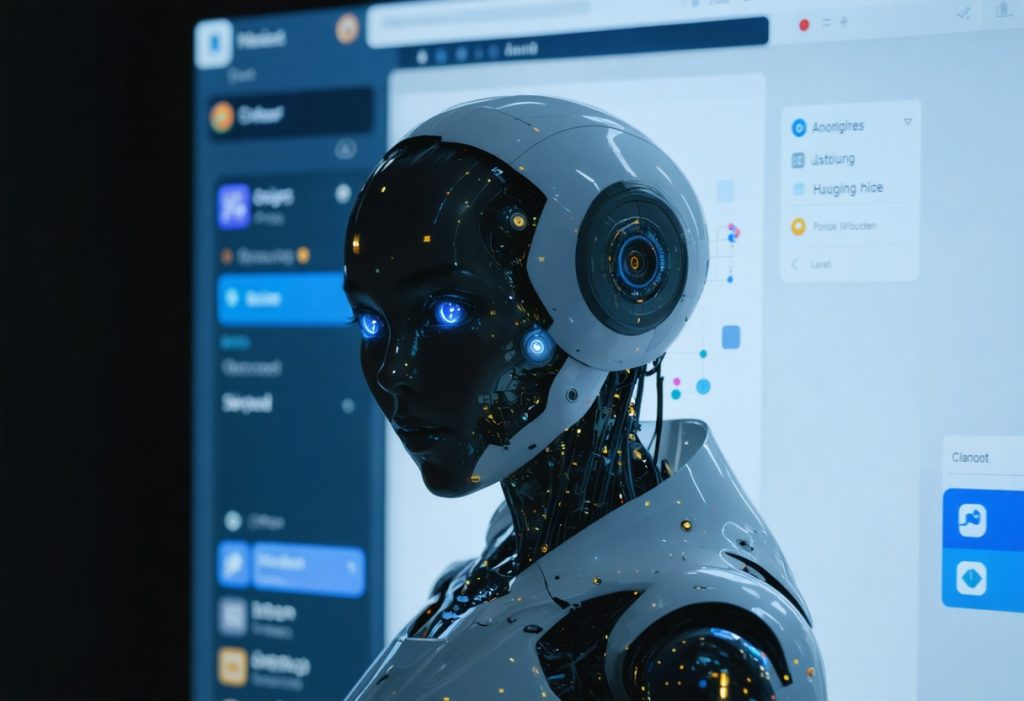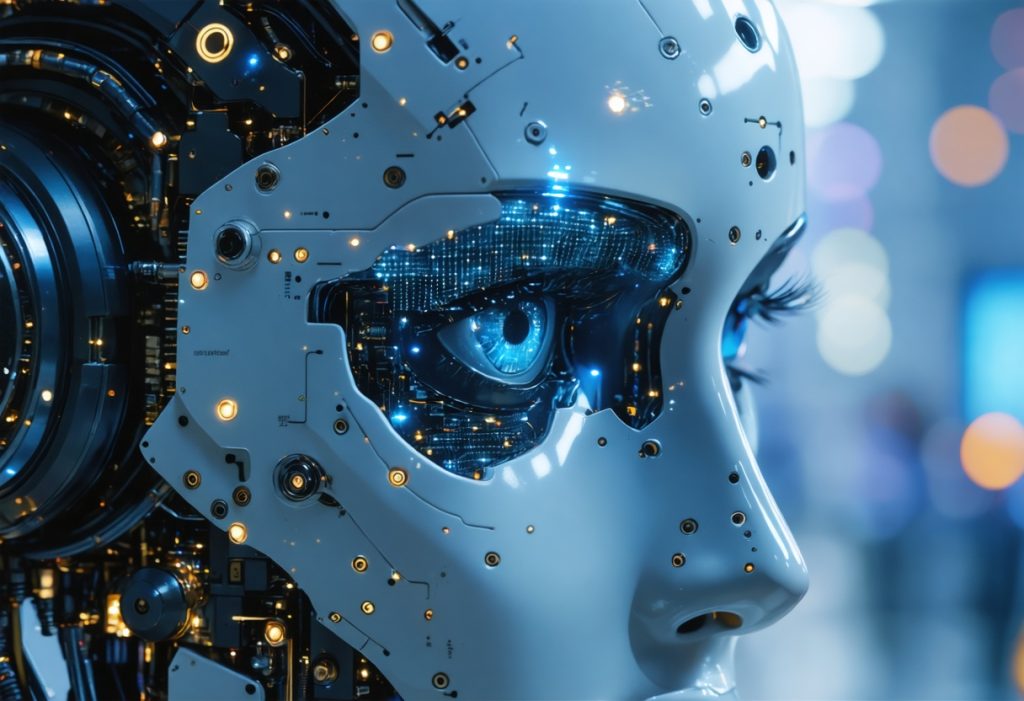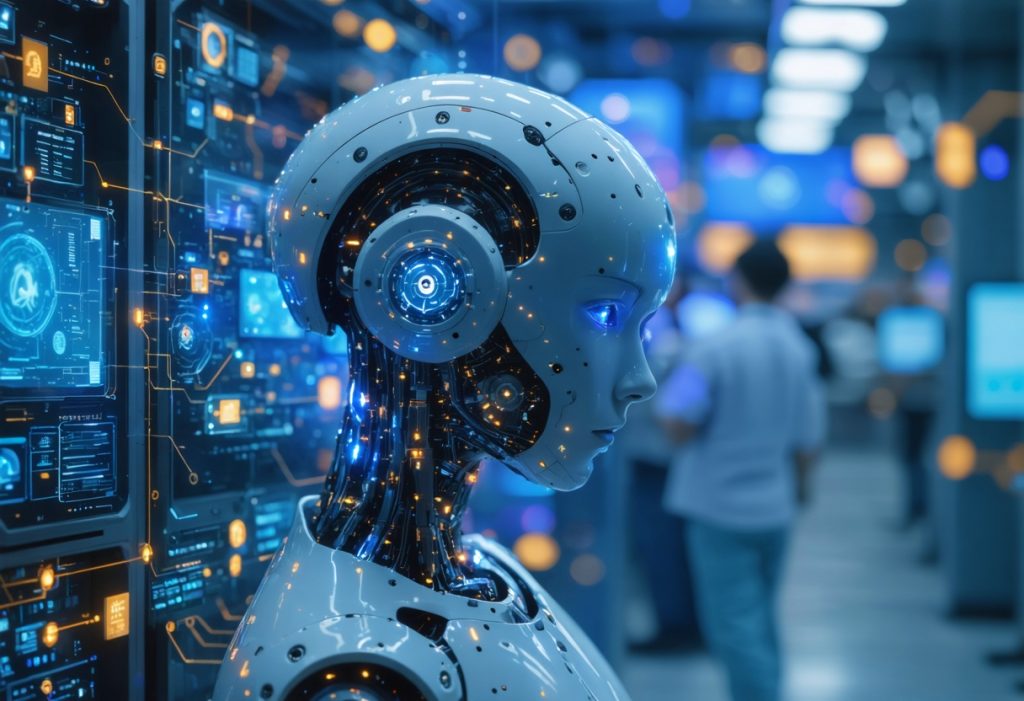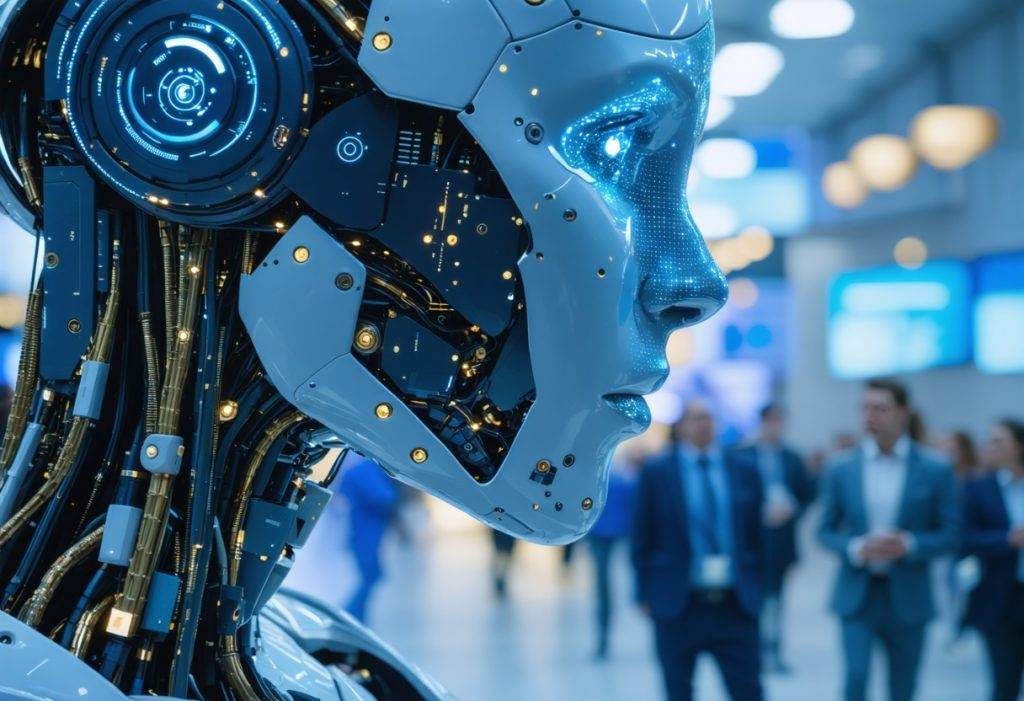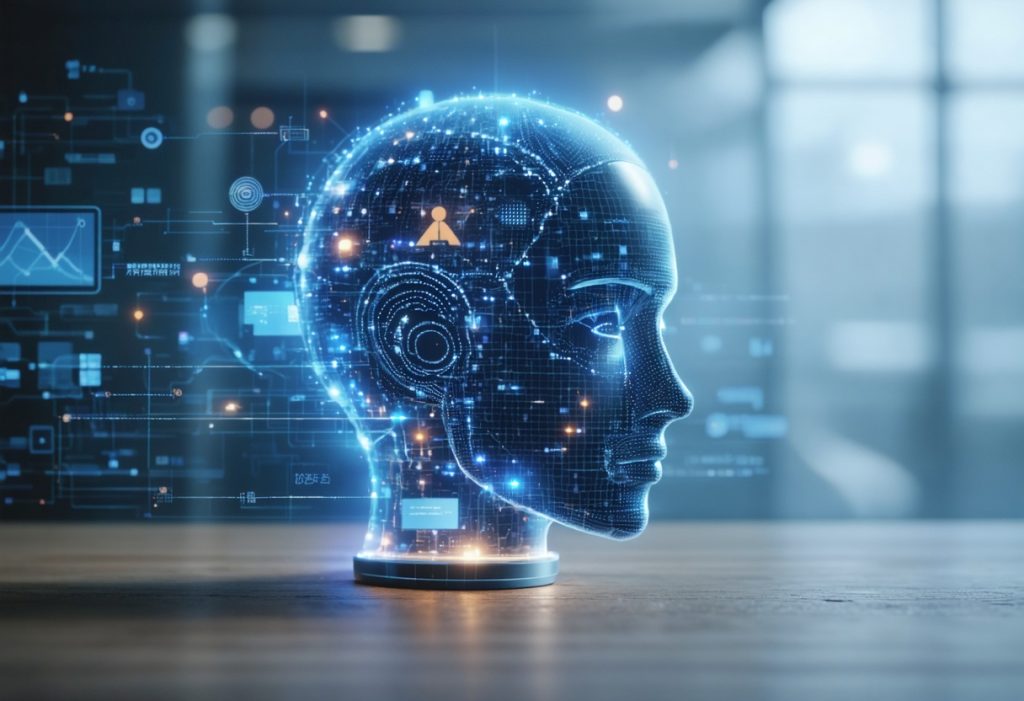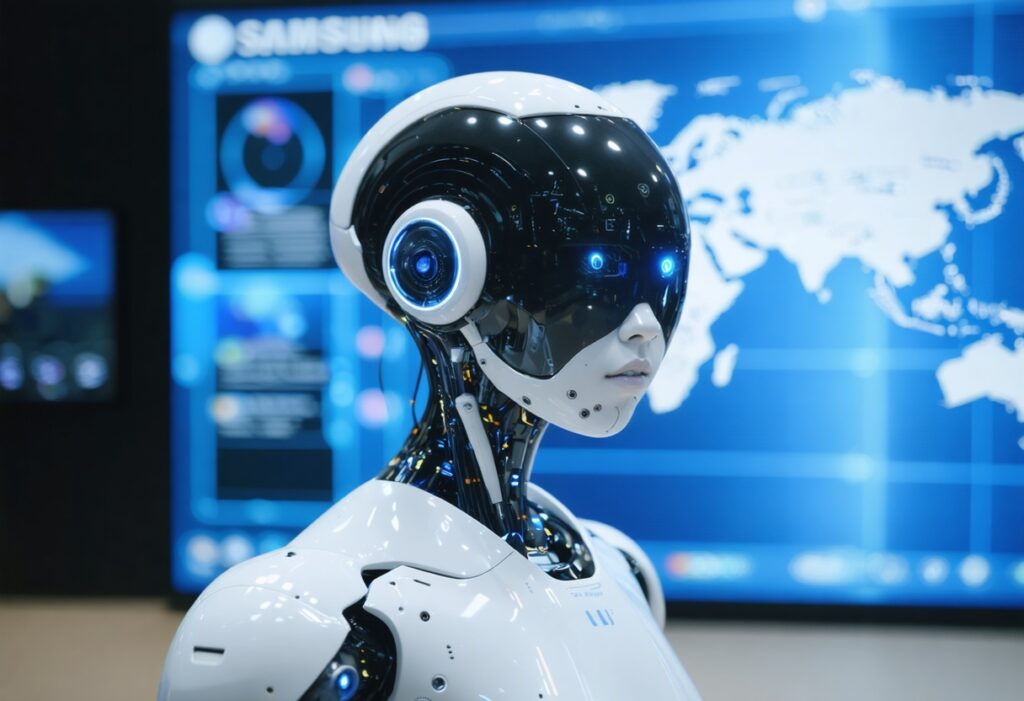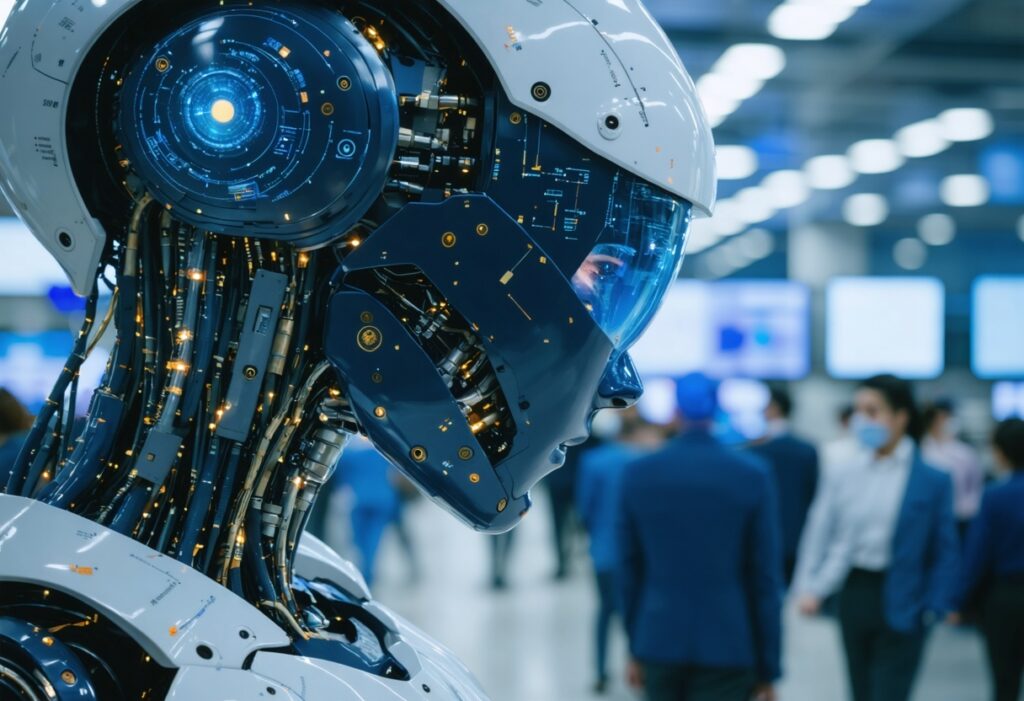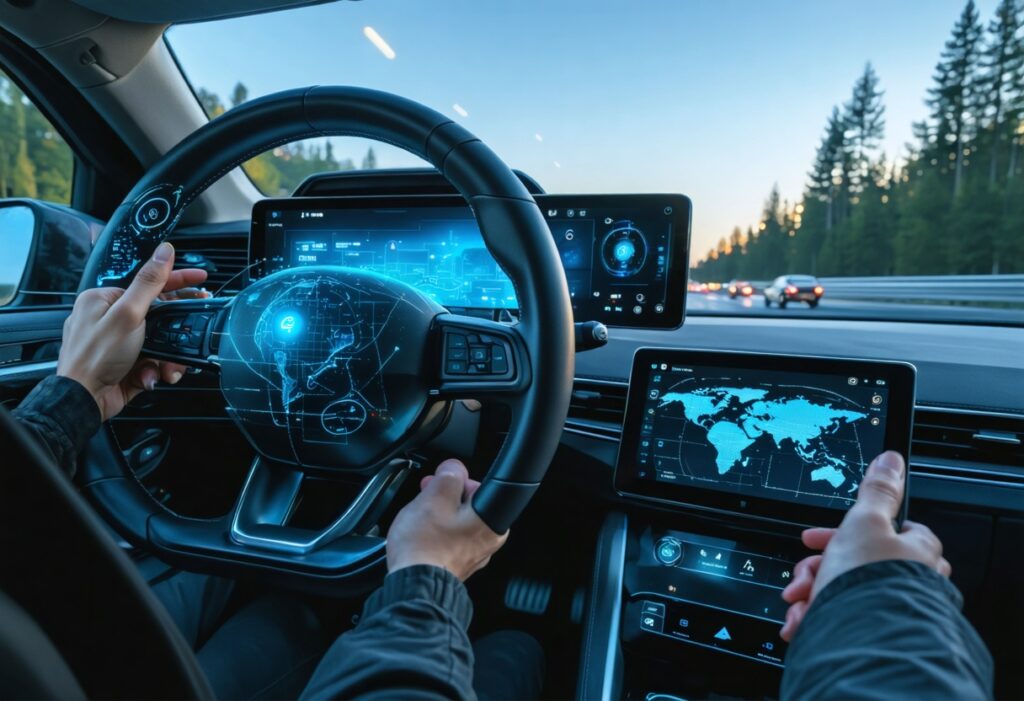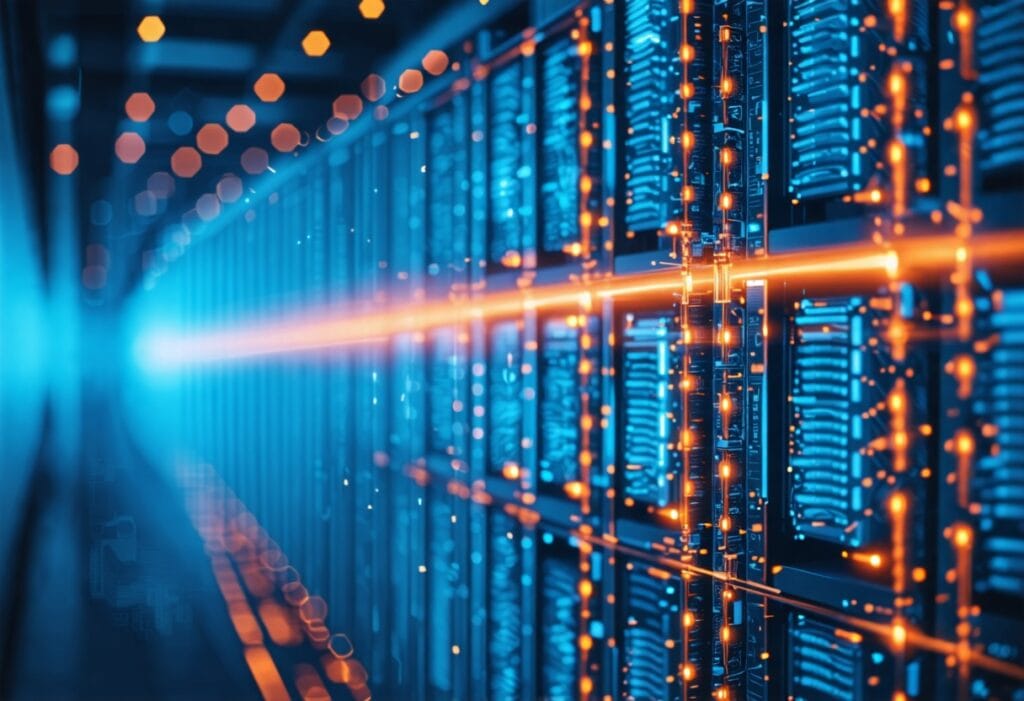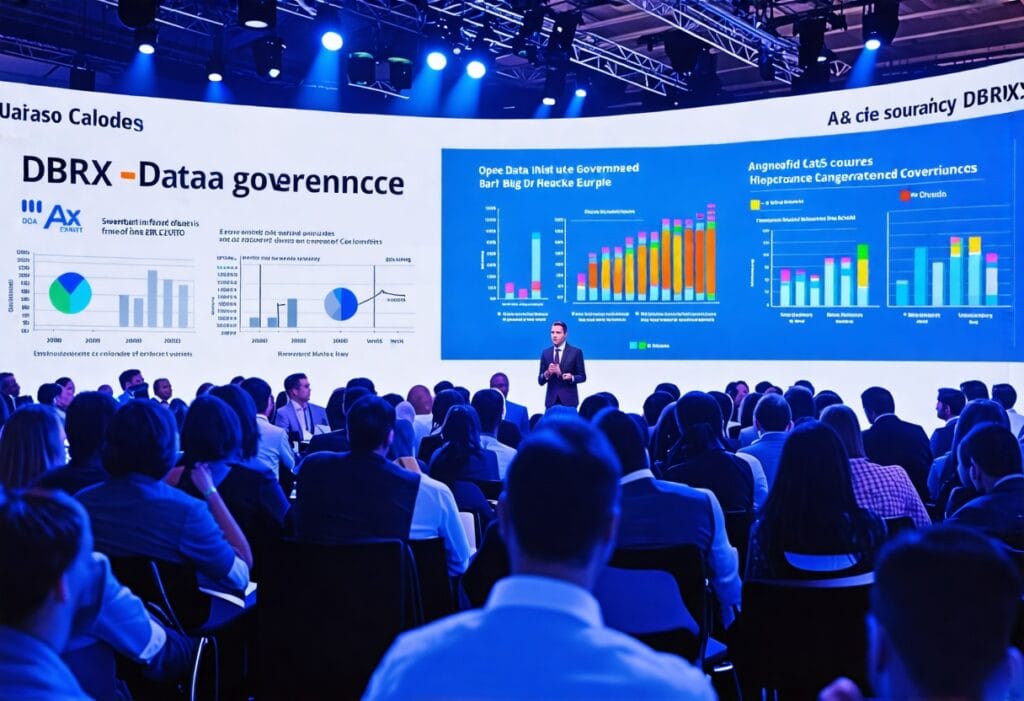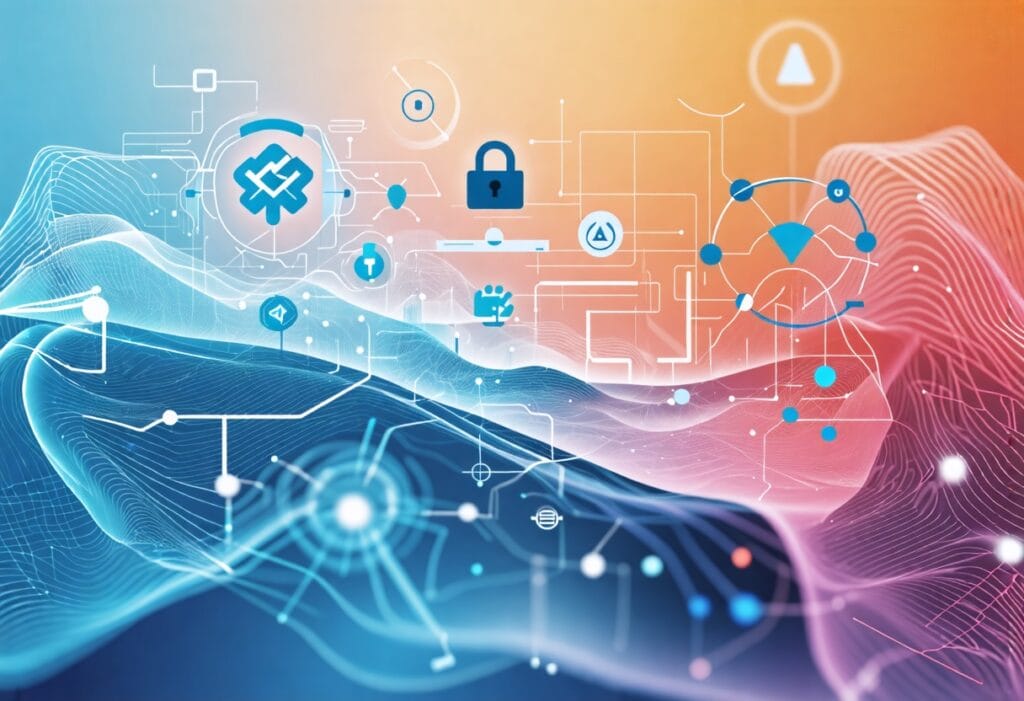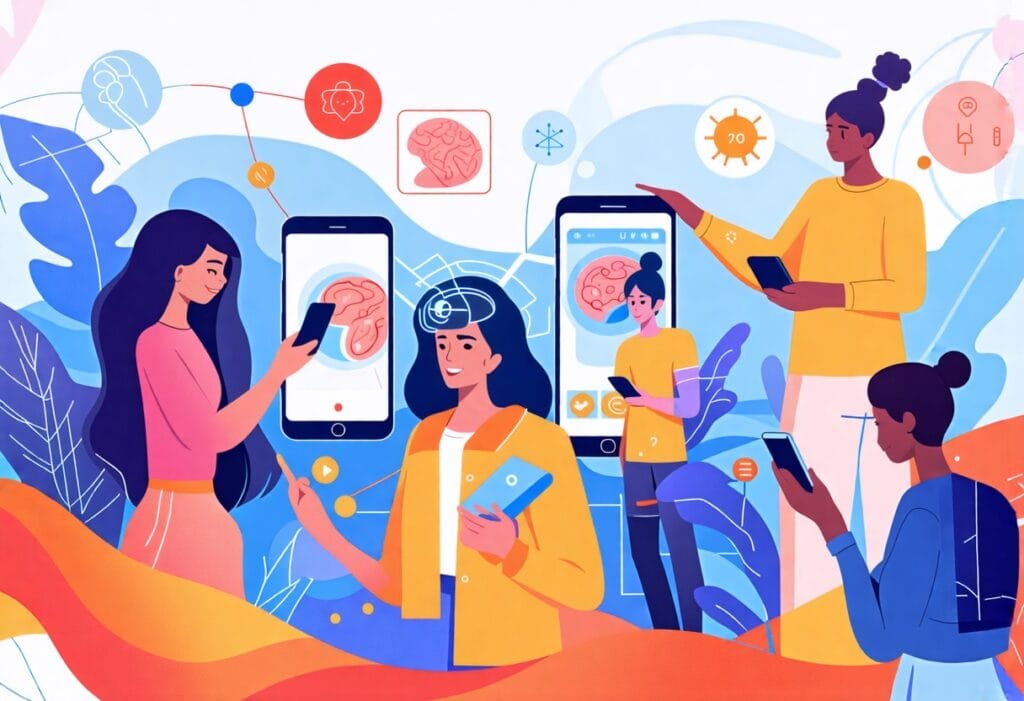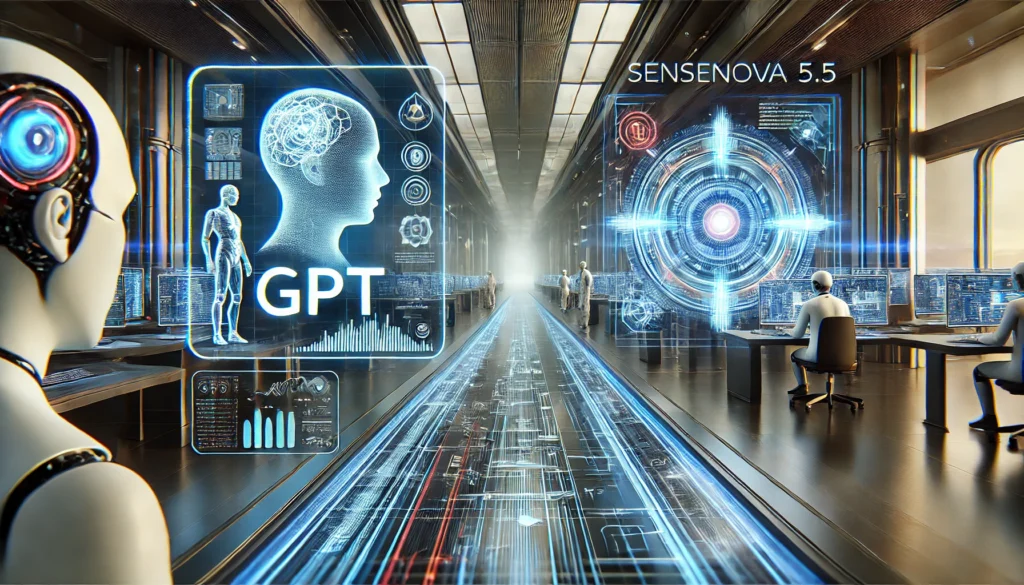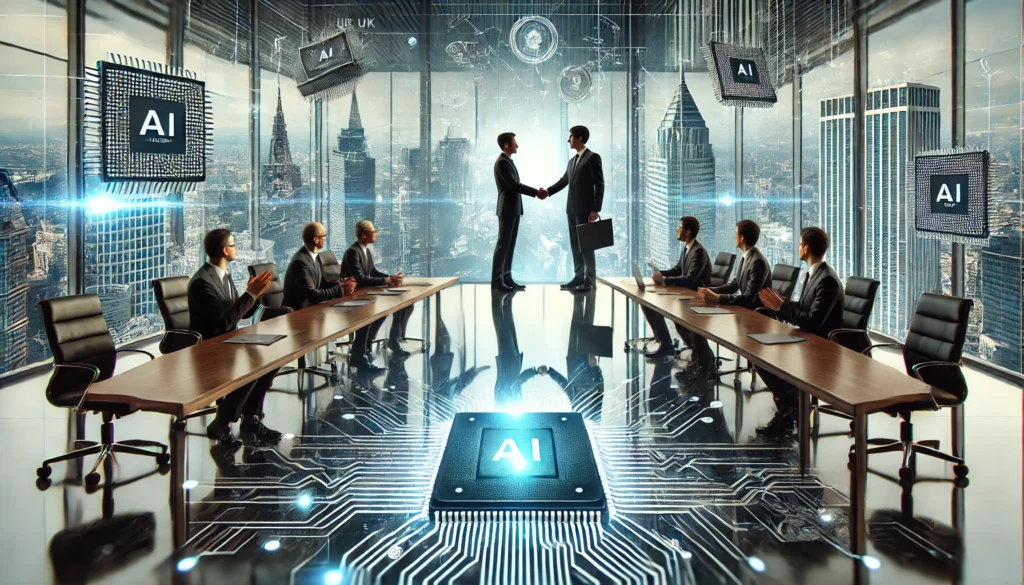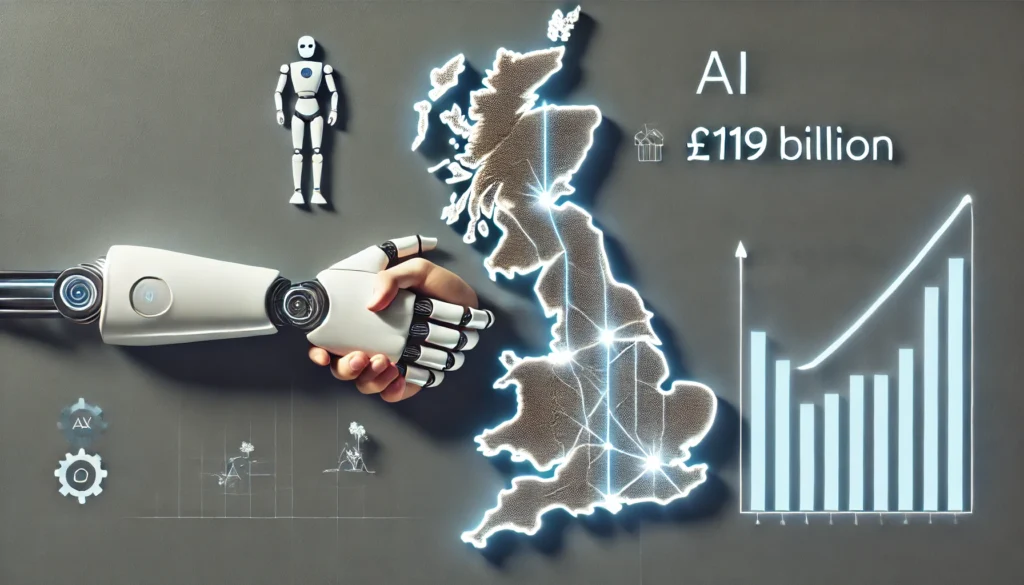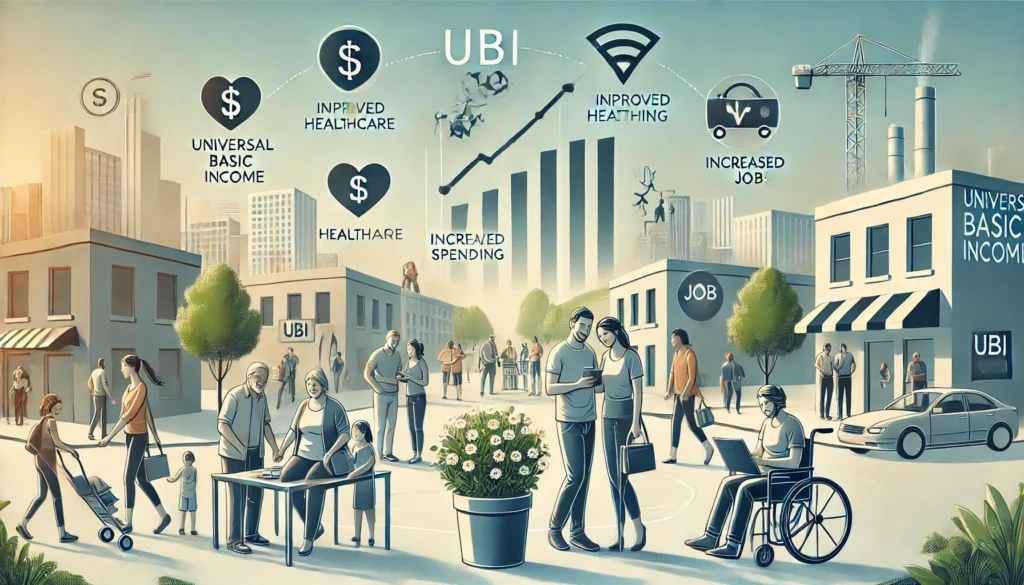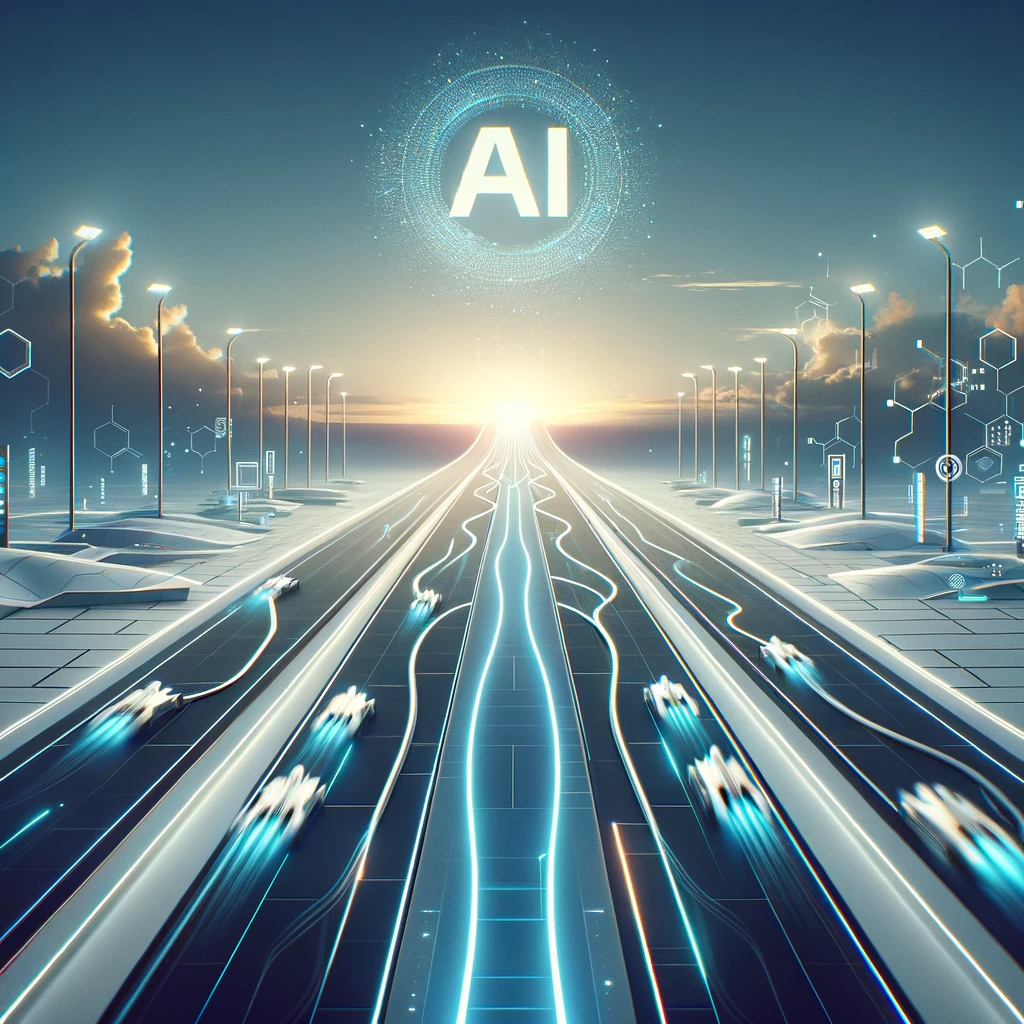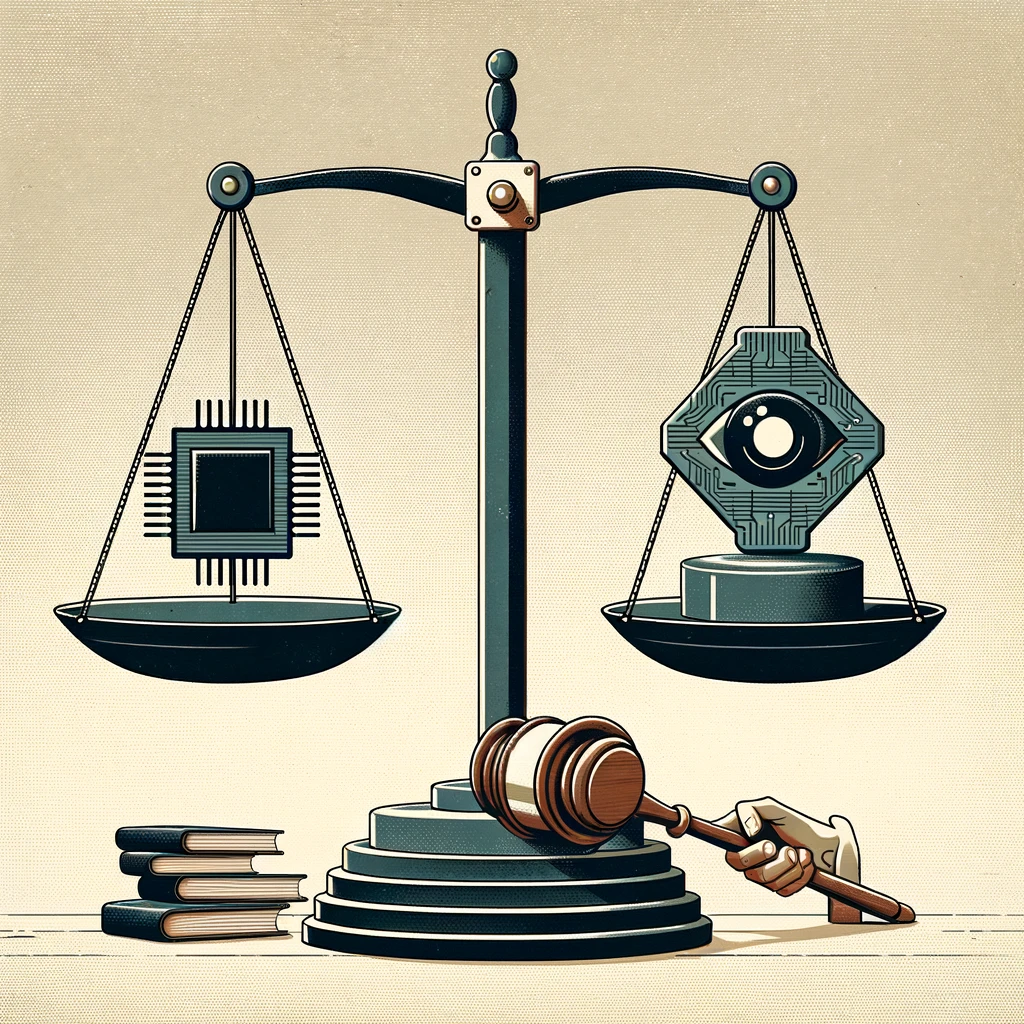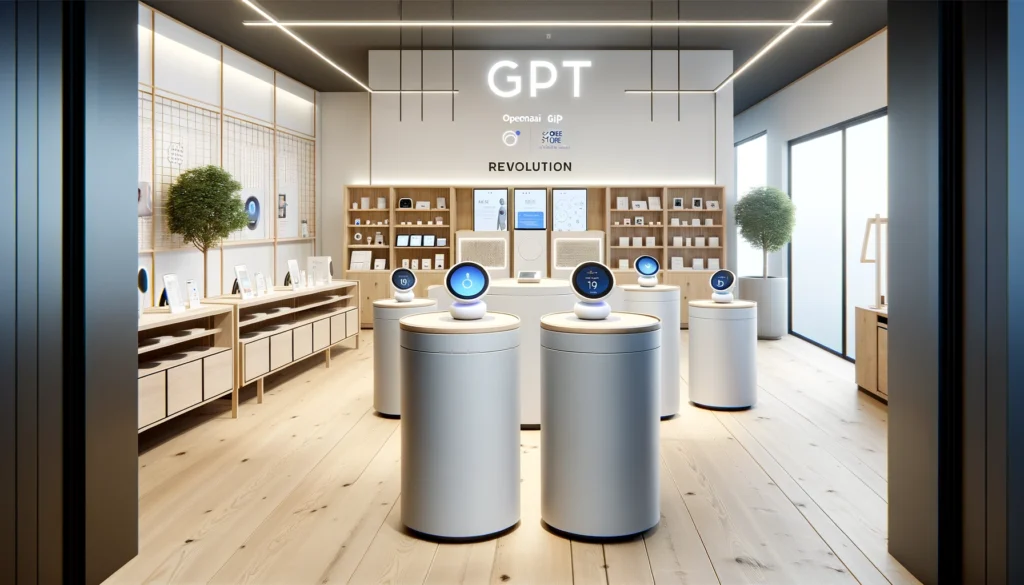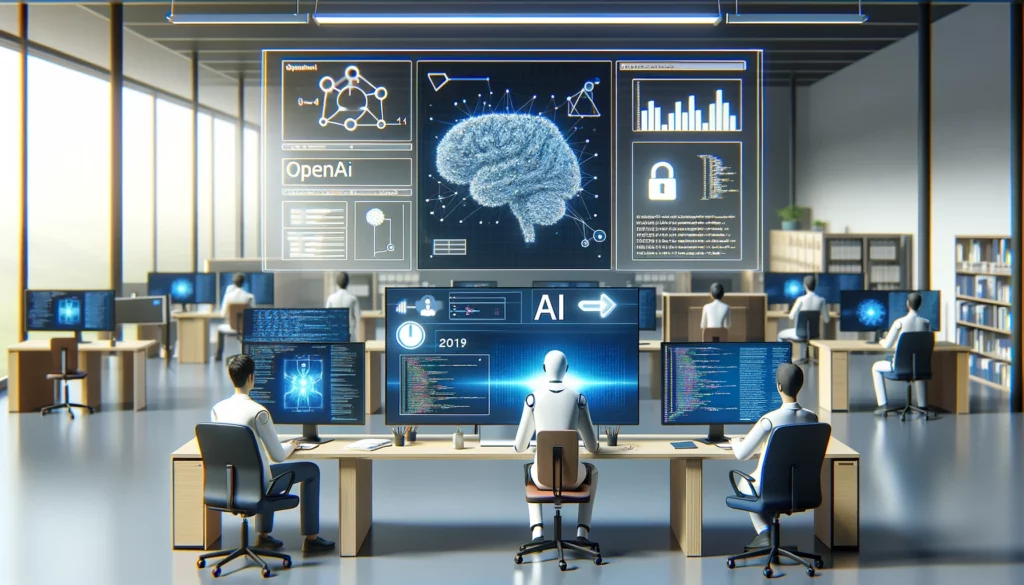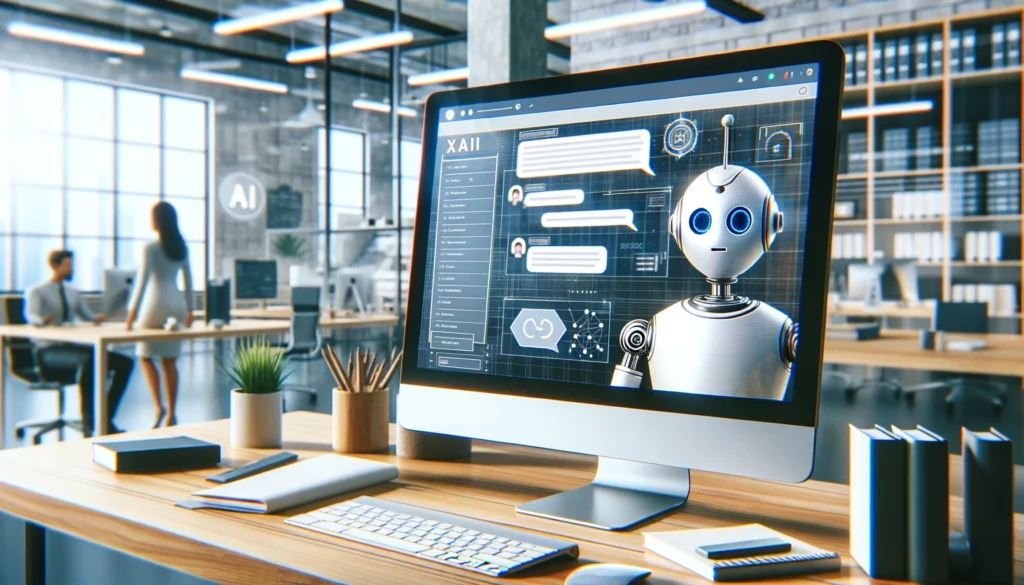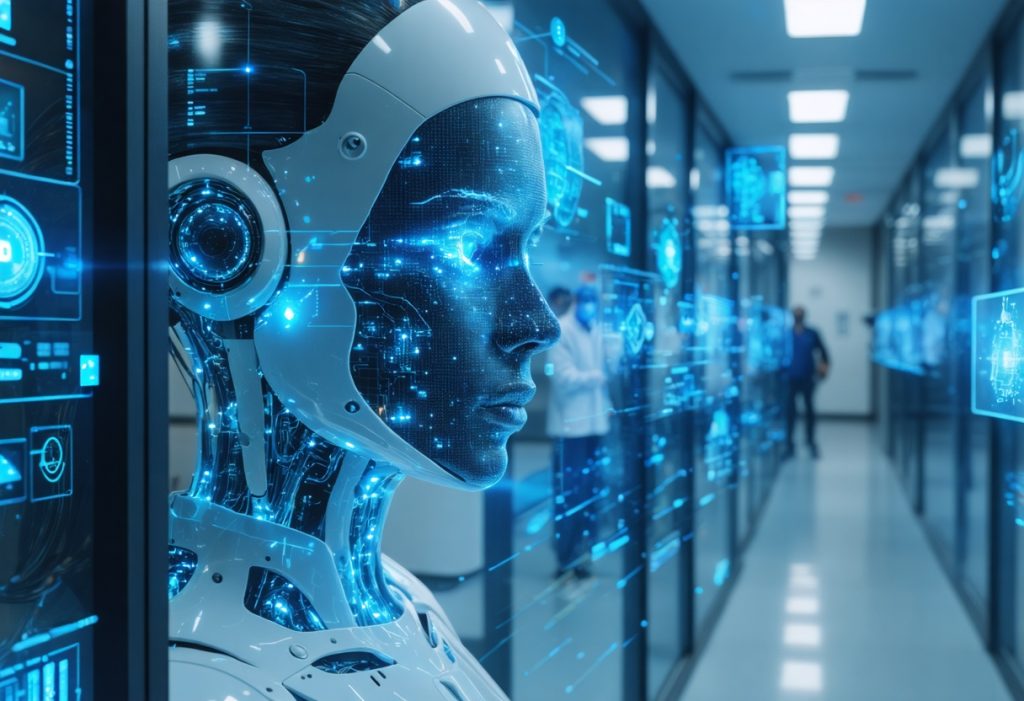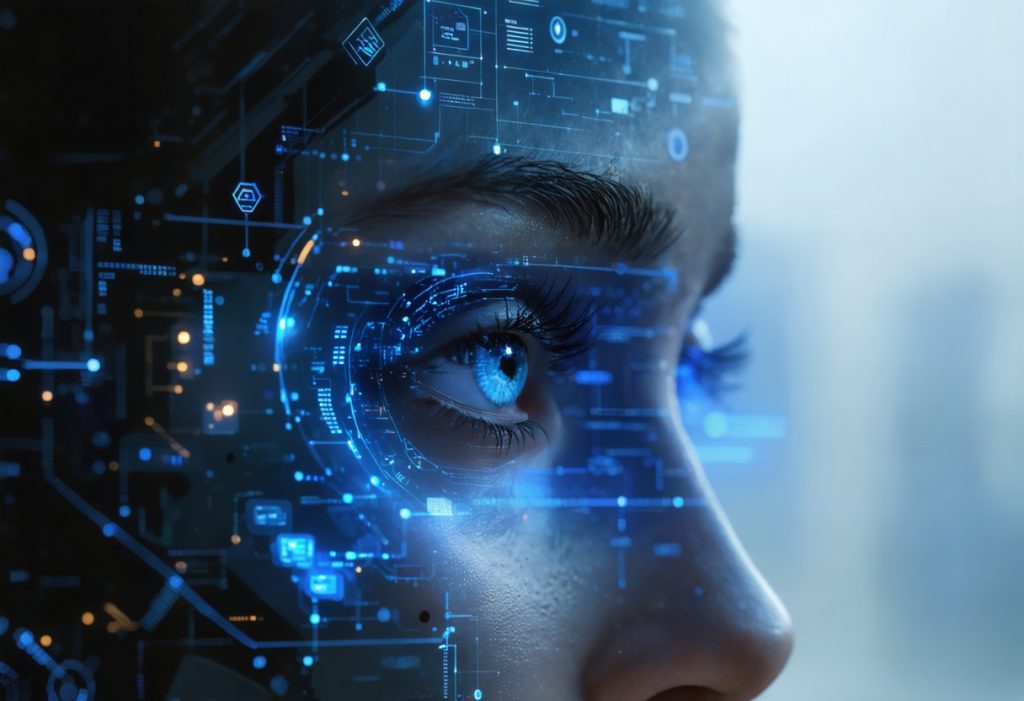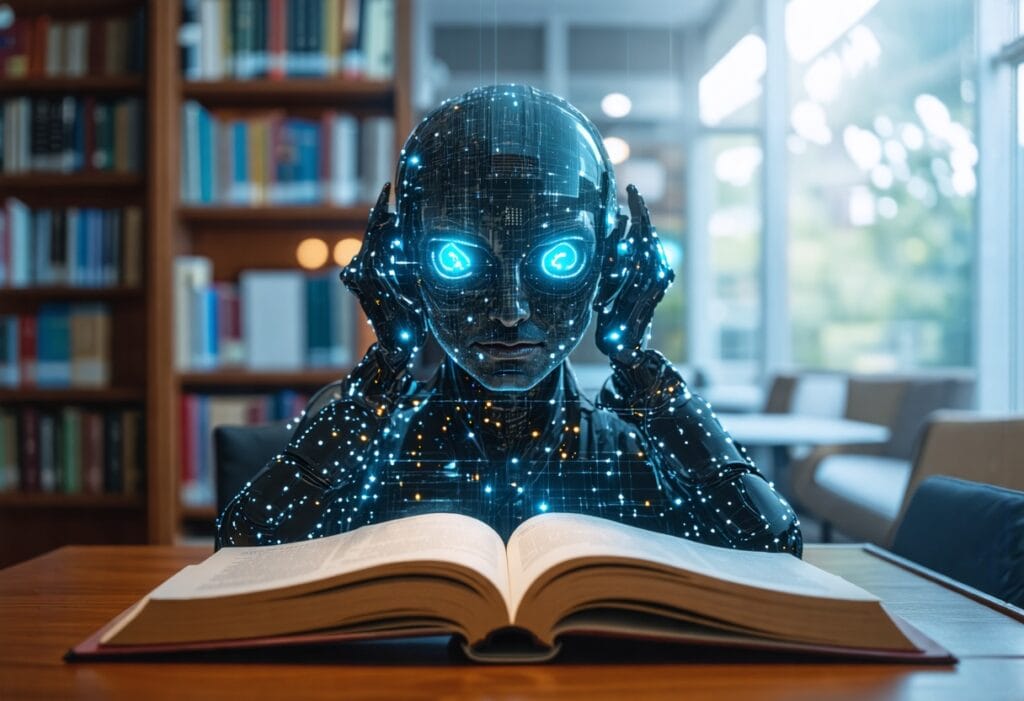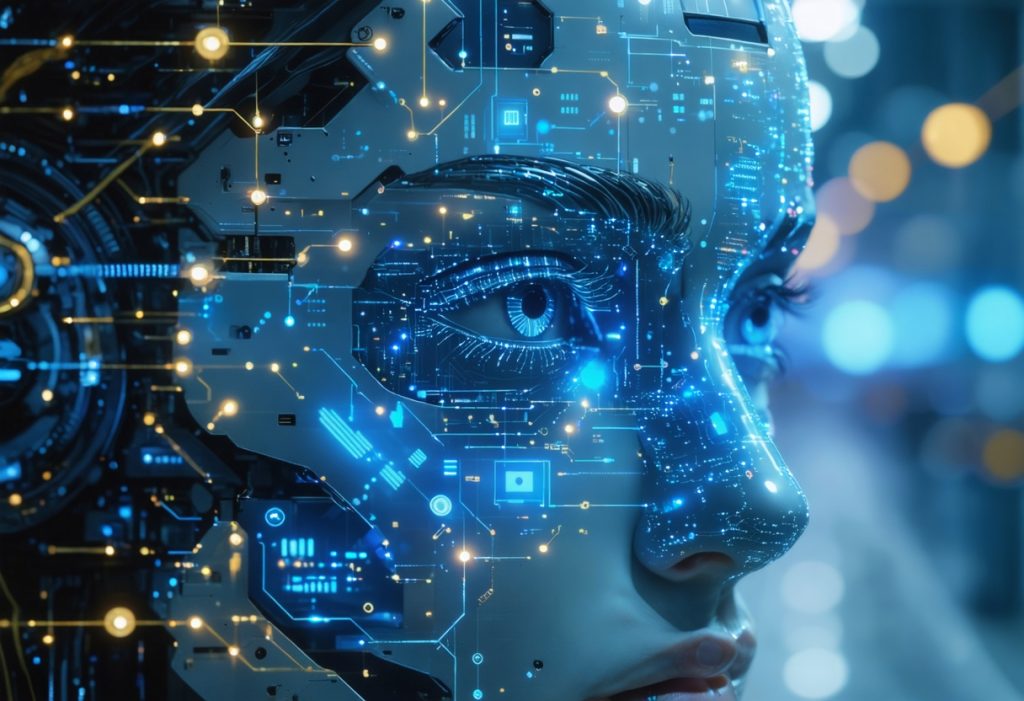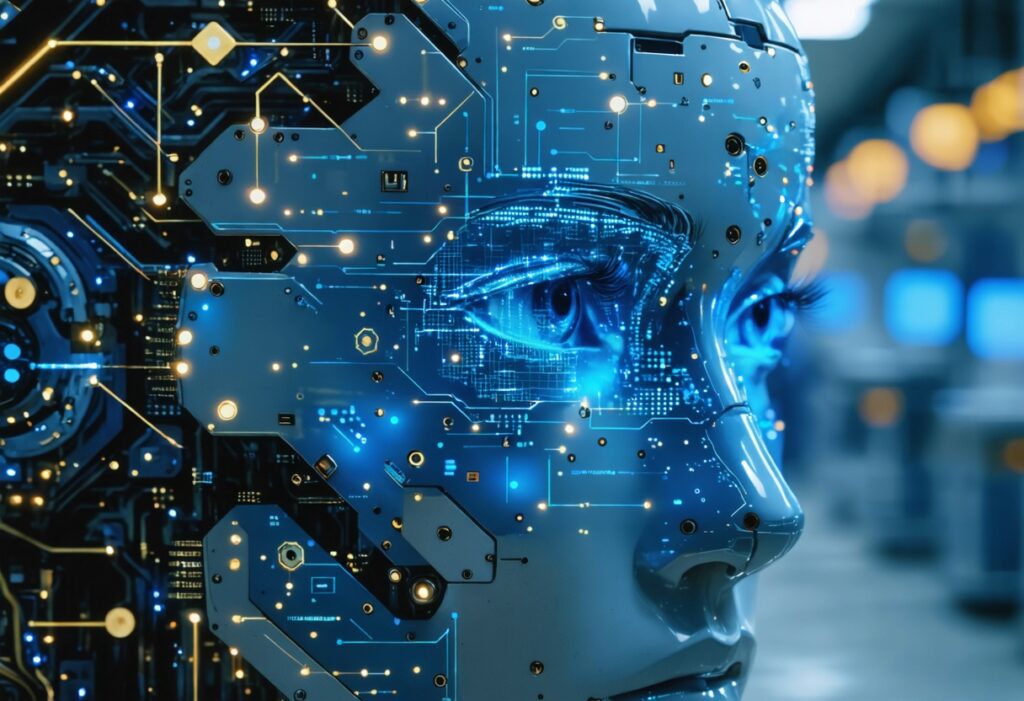Unlocking AI’s Potential: A Look at DeepMind’s SELF-DISCOVER Framework for Enhanced Large Language Model Reasoning
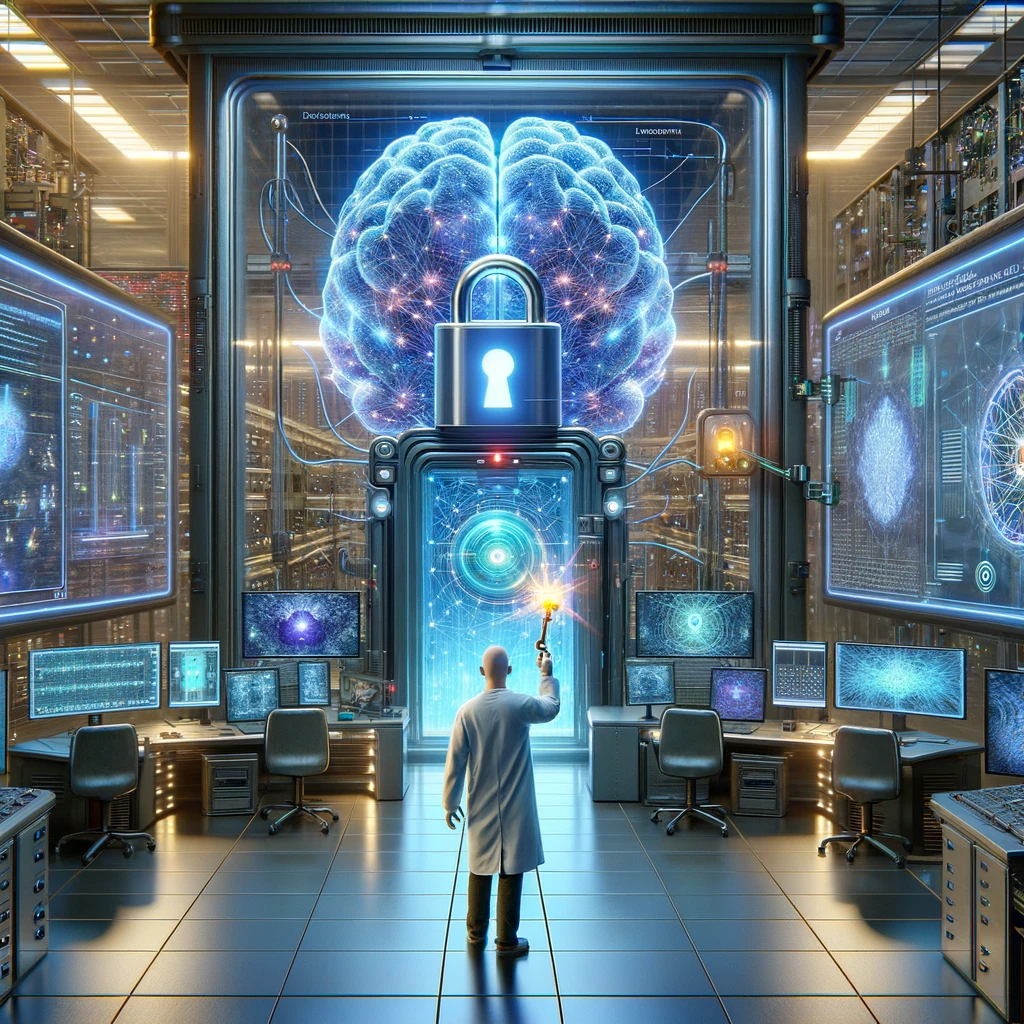
The quest for artificial intelligence comparable to human cognition has taken a significant step forward, thanks to a pioneering breakthrough by Google’s DeepMind. The new ‘SELF-DISCOVER’ framework, a revelation in the domain of Large Language Models (LLMs), brings us closer to machines that can reason with nuance and complexity akin to their human counterparts. This fundamental enhancement, the result of a collaborative research effort, pushes the boundaries of what LLMs like OpenAI’s GPT-4 can achieve, opening new doors for AI applications and research.
The significant implications of these findings are multifold, transcending enhancements in mere performance metrics. Such a framework could ultimately lead to the development of AI that can tackle broader, more complex problem areas, edging ever closer to the elusive goal of artificial general intelligence. The SELF-DISCOVER prompting framework not only sets a new benchmark for AI reasoning abilities but also shows promise in aligning machine reasoning patterns with those of humans, an exciting prospect for AI researchers and enthusiasts alike.
The Role of Atomic Reasoning Modules
At the heart of SELF-DISCOVER are atomic reasoning modules, which serve as fundamental building blocks for complex thought processes. These modules might include comparison, classification, or causal reasoning, among others. Leveraging examples and a designated task, the first stage of the framework is to arrange these modules into a coherent reasoning structure. This approach mirrors how a human expert might tackle the problem by breaking it into smaller, more manageable tasks and tackling each in turn, thus producing a robust methodology for solving complex challenges.
Advantages Over Traditional LLMs
Traditional LLMs generally follow a pre-defined set of instructions or rely heavily on large amounts of training data. SELF-DISCOVER sets a new protocol for LLMs to deviate from this pattern. By facilitating the development of tailored reasoning strategies, LLMs can approach problems more creatively and efficiently. This results in a noteworthy performance uptick, as evidenced by the claimed 32% increase compared to other state-of-the-art methodologies such as Chain of Thought (CoT).
Testing and Application in Real-world Scenarios
The framework’s real-world efficacy is illustrated through rigorous testing across a multitude of reasoning tasks. Three diverse problem sets: Big-Bench Hard, Thinking for Doing, and Math, were selected to test the model’s limits. The outcomes showcased the self-discover approach’s superiority, officially marking it as a significant advancement in AI reasoning capabilities. Its successful application suggests that we might soon see LLMs solving more granular and complex problems across various domains, from scientific research to business analytics.
Implications for Artificial General Intelligence
The SELF-DISCOVER framework isn’t just about improving performance metrics. Its potential to bring us closer to achieving Artificial General Intelligence (AGI) cannot be understated. With its ability to autonomously derive and apply reasoning structures, this framework represents a critical step in the journey towards AI systems that can understand and interact with the world in a manner that’s currently exclusive to humans. It not only brushes the edges of AGI but also opens up a plethora of applications where autonomous reasoning is key.
Aligning AI with Human Reasoning Patterns
Perhaps one of the most exciting aspects of SELF-DISCOVER is its promise in mimicking human reasoning. The research includes transferability studies, showing how the compositions of reasoning structures can mirror the way humans approach problem-solving. This holds immense potential for creating AI systems that can better understand, predict, and interact with human behavior, thereby enabling more seamless integration of AI into society.
The Future Trajectory of AI
SELF-DISCOVER is more than a framework; it’s a reflection of how AI technology is evolving to not only understand human language but also to comprehend and reason within our complex world. As we stand on the brink of these advancements, we can anticipate a future where AI can engage in critical thinking and problem-solving with a level of sophistication that was once a science fiction dream. The ability of AI to autonomously structure its approach to reasoning marks a new dawn for technology – where intelligence is not just artificial, but is also adaptive, responsive, and, ultimately, more human-like.
The development and implementation of SELF-DISCOVER by DeepMind is a significant stride in the enduring quest to construct AI that can reason, learn, and adapt as adeptly as a human being. With its emphasis on self-discovery and structured reasoning, this framework could set a new standard for LLMs, transforming them into even more powerful tools for unraveling the complexities of the world around us.
In conclusion, DeepMind’s SELF-DISCOVER framework stands as a transformative force in the realm of Large Language Models, marking a pivotal milestone in the pursuit of AI designed to think and reason on par with human intellect. Through its sophisticated self-supervised meta-learning capabilities, AI can now autonomously construct and fine-tune reasoning strategies, thereby enhancing its analytical prowess by significant margins. This groundbreaking development not only heralds a substantial leap forward in AI reasoning and performance but also propels us closer to the long-sought goal of Artificial General Intelligence.
By facilitating the creation of AI that mirrors human cognitive processes, DeepMind’s research paves the way for machines capable of engaging in complex problem-solving, potentially revolutionizing countless applications, from advancing scientific discovery to driving business innovation.
As we reflect on the opportunities and advancements that SELF-DISCOVER brings to the fore, it is clear that the implications for AI are profound. This is not merely an incremental improvement in technology; it’s a redefinition of the very foundations upon which AI systems are built. For researchers, developers, and tech enthusiasts, DeepMind’s pioneering work signals a thrilling era of AI development—one defined by unprecedented depth, potential, and alignment with human intelligence. The SELF-DISCOVER framework is a testament to AI’s ever-growing capabilities and a beacon that illuminates the path toward a future where machines think, reason, and perhaps one day, truly understand.
